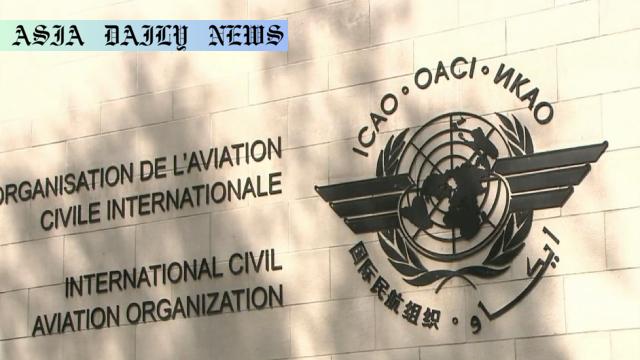MH17: The UN aviation body holds Russia legally accountable for the downing of a Malaysian Airlines flight, killing 298 people.

UN Aviation Agency’s Landmark Decision on MH17 Tragedy
The downing of Malaysia Airlines Flight MH17 in July 2014 remains one of the gravest tragedies in modern aviation history. Carrying 298 individuals from various countries, the flight was en route from Amsterdam to Kuala Lumpur when it was destroyed over the war-torn airspace of eastern Ukraine, then controlled by pro-Russian groups. This week, the International Civil Aviation Organization (ICAO), a governing body under the United Nations, declared Russia legally responsible for this catastrophic event. By linking the attack to Russia’s failure to uphold international air law, the ICAO’s decision sets a significant precedent. Russia was found to have violated global aviation norms, particularly a treaty requiring states to avoid using weapons against civilian aircraft. This ruling is part of the Netherlands’ and Australia’s pursuit of justice following the tragedy, as their citizens were among the most impacted.
Legal and Investigative Findings on MH17
Evidence linking the downing of MH17 to Russia has been extensively documented over the years. In 2022, a Dutch court concluded that the missile system used to target the plane originated from Russia. This corroborated years of investigations indicating Russian involvement, albeit denied by Moscow. With the ICAO’s decision, Russia’s obligation to provide accountability under international law is now reinforced. The governing body’s findings emphasize that the use of a surface-to-air missile against a civilian airliner constitutes a blatant breach of global aviation treaties. To this day, Russia has maintained a stance of non-involvement, dismissing findings from international investigative bodies. However, this ruling adds further weight to the demands for reparations and accountability.
The Global Response to the ICAO Verdict
Global reactions to the ICAO’s decision have mirrored its gravity. Australian Foreign Minister Penny Wong labeled the ruling as a ‘historic moment’ in the victims’ pursuit of truth and accountability. Families of the victims from the Netherlands, Australia, and other nations welcomed the decision, viewing it as a step towards achieving justice. The case underscores the importance of international legal frameworks in addressing acts of aggression impacting innocent civilians. As efforts to hold Russia accountable advance, this decision stands as a milestone in the broader discourse on justice and international aviation security. The tragedy of MH17 not only highlights the human toll of geopolitical conflicts but also reinforces the urgency of global cooperation to uphold aviation safety.
Commentary
Tracing Responsibility in the MH17 Tragedy
The MH17 incident is a stark reminder of the devastating human cost of armed conflicts and the importance of accountability. The ruling by the UN aviation body signifies a turning point in international law, explicitly establishing that the use of lethal force against civilian flights is not only unacceptable but punishable. It is a moment of recognition for the victims’ families and a declaration that such acts cannot escape international scrutiny. The determination that Russia is legally responsible underscores the role of global institutions in fostering accountability even when political complexities abound.
The Legal and Moral Implications
This decision further solidifies the connection between human rights and international aviation policies. It sends a powerful message: state actors cannot ignore the profound consequences of eroding civil aviation laws without expecting global repercussions. Holding Russia accountable reflects a broader commitment to upholding justice, particularly for the victims and their grieving families. However, it also raises questions about enforceability. How will nations compel adherence when major powers challenge or deny international rulings? This is a question international bodies must resolve moving forward.
A Step Toward Justice
While the ICAO verdict is a significant victory in the legal and moral sense, it is crucial to recognize that achieving justice for MH17 victims extends beyond verdicts. True accountability requires concrete reparations and a formal acknowledgment by Russia of its role. Moreover, this case serves as a precedent, reminding us of the fragile nature of civil aviation safety amid geopolitical tensions. It is vital for the global community to strengthen international oversight and avenues for redress in cases where innocent lives are at risk. The ruling showcases a collective commitment to accountability and the enduring importance of those 298 lives cruelly cut short.


